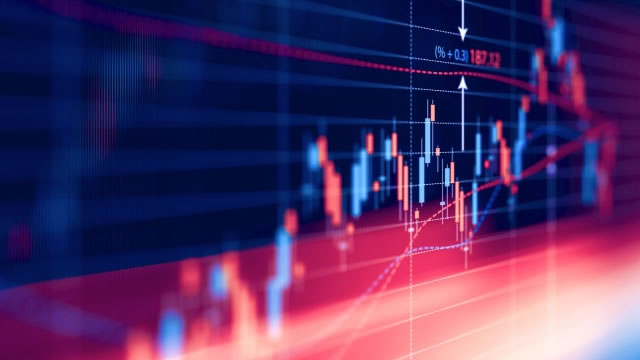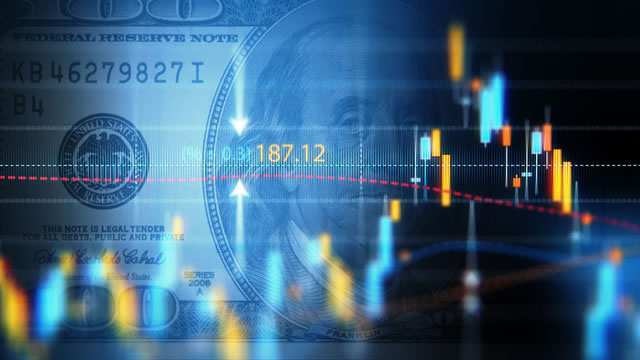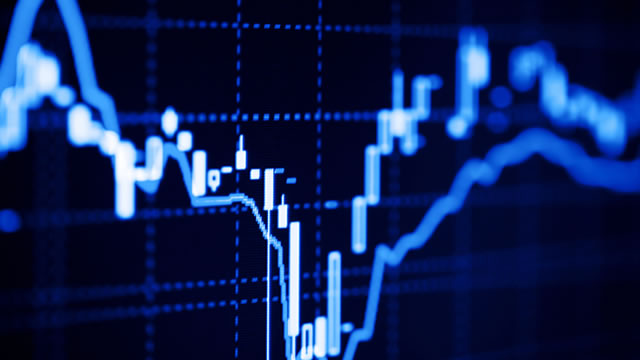Goldman Sachs and the Probability of a US Recession
Why Goldman Sachs Keeps Lowering Their Forecast
Goldman Sachs has been making headlines lately for their consistent revisions of the probability of a US recession in the next 12 months. And what’s even more surprising is that their forecasts have been consistently lower than the consensus. The latest forecast puts the chance of a recession at only 15%, down from their previous estimate of 20%.
This shift in forecast was announced by Goldman Sachs chief economist Jan Hatzius, who stated: “We have further reduced our 12-month US recession probability back to 15%, from 20% in July.” He attributed this change to “continued encouraging inflation news, a favorable real income outlook, and the decline in the jobs-workers gap.”
What Does This Mean for Investors?
Investors and market watchers are keeping a close eye on these developments, as the probability of a recession can have a significant impact on investment strategies. With Goldman Sachs lowering their forecast, many investors may feel more confident about the stability of the economy in the coming months.
However, it’s important to remember that forecasting economic trends is never an exact science, and unexpected events can always shake up the status quo. It’s always a good idea to diversify your investment portfolio and stay informed about market developments.
How Will This Affect Me?
As an individual, the forecasted probability of a recession can have a direct impact on your personal finances. If the chances of a recession are lower, you may feel more secure in your job and overall financial stability. This could lead to increased consumer spending and a boost in economic growth.
On the other hand, if the economy takes a turn for the worse, you may need to reevaluate your financial goals and consider making adjustments to protect your assets. It’s always a good idea to have a solid financial plan in place to weather any economic storms that may come your way.
How Will This Affect the World?
The global economy is closely interconnected, so any changes in the US economy can have ripple effects around the world. If the probability of a US recession is lower than expected, this could provide a boost to global markets and encourage international trade and investment.
Conversely, if the US economy falters, other countries may also face economic hardships as a result. It’s important for world leaders to collaborate and coordinate their efforts to ensure a stable and sustainable global economy for all.
Conclusion
In conclusion, the consistent revisions of the probability of a US recession by Goldman Sachs are a reminder of the ever-changing nature of the economy. While a lower forecast may bring some relief to investors and individuals, it’s essential to remain vigilant and prepared for any unforeseen economic challenges that may arise. By staying informed and adapting to changing market conditions, we can navigate the ups and downs of the economy with confidence.





